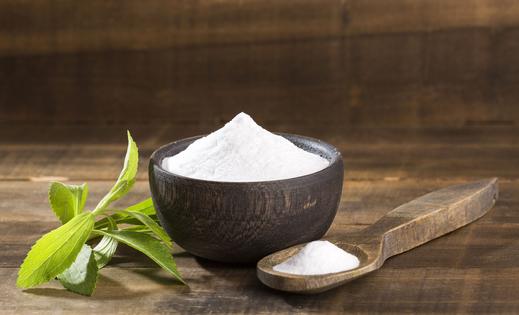Environmental Nutrition: Food might not taste the same? Here's why.
You probably know that as you age, your eyesight and hearing are likely to decline, but did you know that your senses of taste and smell can go south as well? We start out with thousands of taste buds on our tongues, on our throats and on the roofs of our mouths. Some taste buds are sensitive to sweet, some to sour, some to salty, and others are sensitive to bitter. When taste buds are damaged (like from a sip of scalding coffee), they are able to regenerate and are typically replaced every couple of weeks. But sensitivity to flavors and the ability to regenerate is reduced with age, beginning in your 50s or 60s.
Smell equals taste
Maybe even more important than a loss of sensitive taste buds with age is a loss of smell. That's because taste and smell are intimately connected. When you bite into a spicy food, you breathe in the flavor and then exhale it through your nose, where chemicals interact with receptor cells and transmit information to the brain about the taste. The loss of sensitivity that occurs with age is even greater in smell than it is in taste. But together, these losses are a double whammy and can translate to less sweetness in desserts, less sting from chili peppers, and less sinus-opening effects of horseradish. That loss of taste you're sensing could actually be a loss of smell.
In addition, sensitivities to specific tastes can shift with age. It's not uncommon for a preference for sweet tastes when you're younger to shift to a preference for more salty flavors as you age. A loss of taste or smell, combined with a preference for salt, could wreak havoc on your diet.
Other causes
While age is a common reason for a loss of taste and smell sensitivity, medications and zinc deficiencies are two common causes of changes in taste. As many as 45 percent of adults ages 60 and older have zinc intakes below the average requirement, which can negatively affect the ability to taste. Good sources of zinc are poultry, red meat, beans, nuts, and breakfast cereals.
Chemotherapy, antihistamines, antidepressants, inhalers and blood pressure medications can interfere with your ability to taste, no matter your age.
What to do
--Add more color to your plate; it can help boost your appetite.
--Be generous with fresh herbs like sage, thyme, basil, or rosemary.
--Add a zing of flavor with mustard, hot pepper, onions, garlic, or lime juice.
--If it worsens see a specialist (an otolaryngologist). A loss of taste can also be a sign of disease.
(Environmental Nutrition is the award-winning independent newsletter written by nutrition experts dedicated to providing readers up-to-date, accurate information about health and nutrition in clear, concise English. For more information, visit www.environmentalnutrition.com.)







